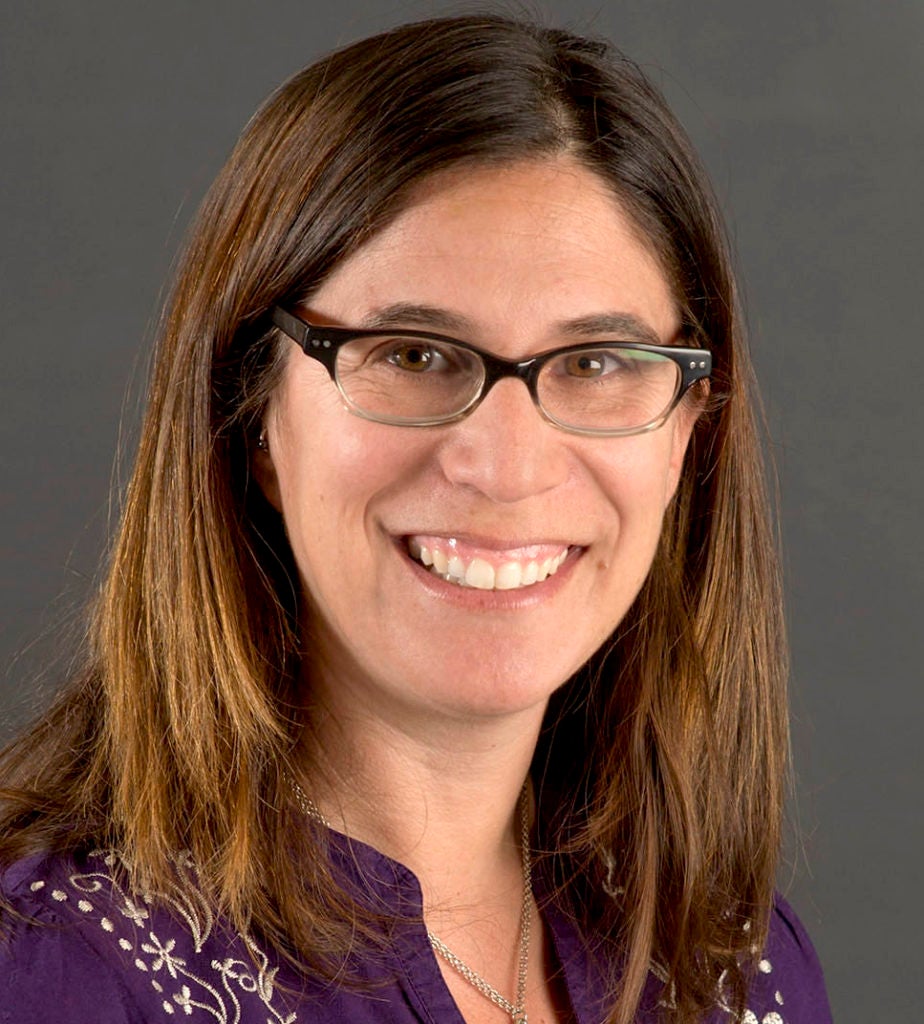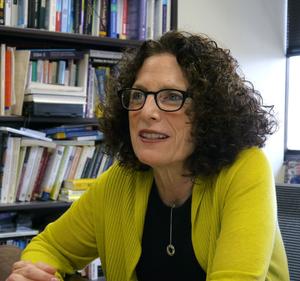Contact: Jenesse Miller, jenessem@usc.edu or (213) 810-8554
What happens when we lose our village?
“For cohabiting families, ‘social distancing’ actually means ‘enforced intimacy.’ In my research, I have found that couples and parent-child pairs show interconnected levels of the stress hormone, cortisol. Stress can actually make us more reactive to each other and erode the quality of our relationships over time.
“In some ways, life under social distancing echoes a trend that has already been happening in modern industrialized societies. As household sizes shrink and the birth rate declines, and as families live geographically farther away from each other, more pressure gets put on the immediate family. Child-rearing becomes a private, individualized choice rather than a public, collective activity.
“Hopefully our experiences during COVID-19 can provide an opportunity to reflect on the value of the larger society’s importance to raising the next generation. It takes a village to raise a child. We become especially aware of that when we lose access to our villages.”
Darby Saxbe is an associate professor of psychology at the USC Dornsife College of Letters, Arts and Sciences and director of the USC Dornsife Center for the Changing Family. She’s an expert on stress contagion within families, parenting, division of household labor and the transition to parenthood.
Contact: dsaxbe@usc.edu
Talk to children about what they’re losing
“Parents can hold space for their children’s need to mourn the disruptions and losses associated with the pandemic. With most of our adult efforts focused on the practical needs of our families, many children are left without a space to process their feelings of loss.
“We often think of loss as feelings associated with something concrete, like a death of a loved one. When this occurs, we, as adults, can respond very effectively to the feelings of loss experienced by children. However, in reality, much of the loss that children experience has little to do with a biological death. This type of loss is called ambiguous loss.
“Many children are currently experiencing ambiguous losses, such as loss of access to friends and teachers, loss of routine, and loss of experiences, like school field trips, dances, and graduation events.”
Julie Cederbaum is an associate professor at the USC Suzanne Dworak-Peck School of Social Work and an expert on parenting, health disparities, military families and teen parenting.
Contact: jcederba@usc.edu
Find new ways to be physically active together
“As family schedules are completely upended during this challenging time, finding moments to be physically active and exercise can be difficult. However, maintaining adequate levels of physical activity is critical for physical and emotional health. Importantly, our immune system is better equipped when we are being physically active.
“As they are working on distance learning and homeschooling, children need regular stretch and activity breaks throughout the day. For families with elementary school children, parents should encourage physical activity breaks that mirror the school schedule and last approximately the same amount of time as those periods normally would. Also, it is important for kids to also break up long bouts of sedentary behavior with opportunities to stand, stretch, and jump around. Parents should also strive to stand up at least once per hour to stretch their legs.
“Families can be physically active together with afternoon or nightly walks, bike rides, or scootering around their neighborhoods, as long as they maintain at least 6 feet of separation from other people.”
Genevieve Dunton is associate professor of preventive medicine and psychology at the Keck School of Medicine of USC and an expert on physical activity and nutrition within families.
Contact: dunton@usc.edu
Caring for others during crisis can provide valuable lessons
“In my research into how children respond to natural disasters, I find children take their cues from parents. The more that parents can convey the spirit of being able to get through unsettling and scary times, the better for children. The more parents panic, the worse for children.
“Parents should not undermine the reality of the situation or be dismissive of children’s fears. Conveying specific information about how the family will cope can be reassuring. Their questions should be answered in a straightforward and honest, and age-appropriate fashion. And, importantly, children need routines and rituals around meals, bedtime and other daily rituals.
“The caring and concern that parents show for vulnerable persons provides invaluable lessons for children. If parents offer to buy groceries for an elderly neighbor or family member, or just reach out to others, for example, stopping to wave to an elderly person in a window, this can model kindness for their children.”
Gayla Margolin is professor of psychology and pediatrics at the USC Dornsife College of Letters, Arts and Sciences and an expert on couple and family dynamics, family aggression, and intergenerational transmission of family risk and resilience.
Contact: margolin@usc.edu
Photo via Pixabay







